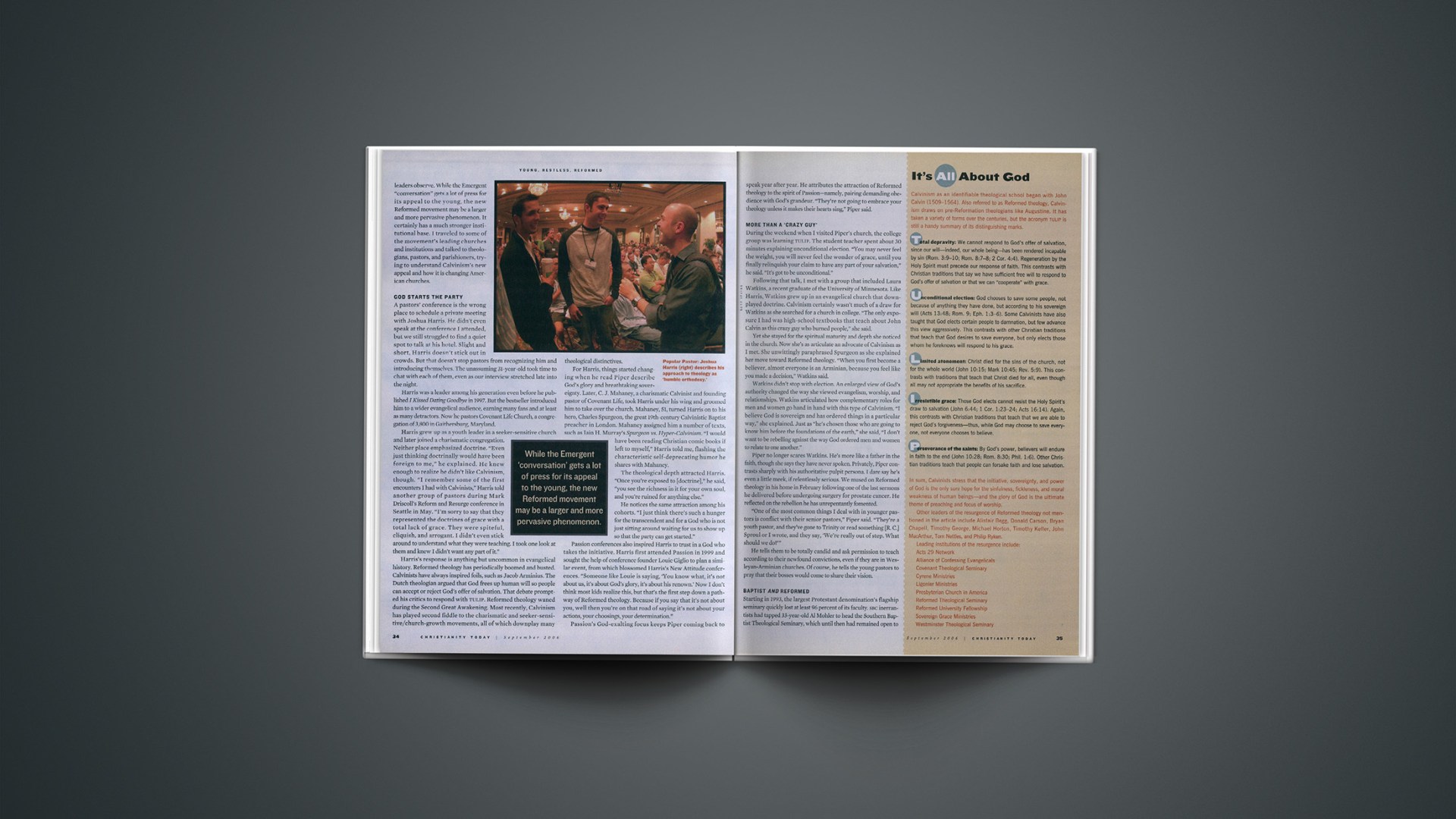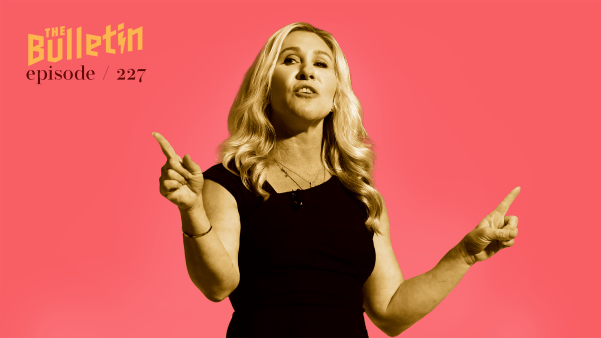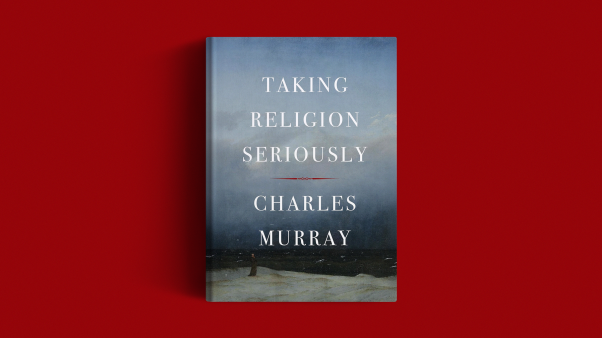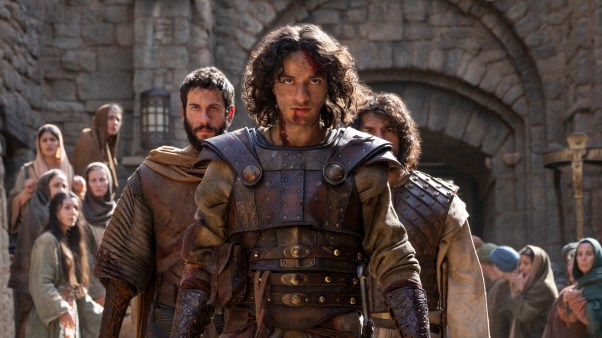Calvinism as an identifiable theological school began with John Calvin (1509-1564). Also referred to as Reformed theology, Calvinism draws on pre-Reformation theologians like Augustine. It has taken a variety of forms over the centuries, but the acronym TULIP is still a handy summary of its distinguishing marks.
Total depravity: We cannot respond to God’s offer of salvation, since our will—indeed, our whole being—has been rendered incapable by sin (Rom. 3:9-10; Rom. 8:7-8; 2 Cor. 4:4). Regeneration by the Holy Spirit must precede our response of faith. This contrasts with Christian traditions that say we have sufficient free will to respond to God’s offer of salvation or that we can “cooperate” with grace.
Unconditional election: God chooses to save some people, not because of anything they have done, but according to his sovereign will (Acts 13:48; Rom. 9; Eph. 1:3-6). Some Calvinists have also taught that God elects certain people to damnation, but few advance this view aggressively. This contrasts with other Christian traditions that teach that God desires to save everyone, but only elects those whom he foreknows will respond to his grace.
Limited atonement: Christ died for the sins of the church, not for the whole world (John 10:15; Mark 10:45; Rev. 5:9). This contrasts with traditions that teach that Christ died for all, even though all may not appropriate the benefits of his sacrifice.
Irresistible grace: Those God elects cannot resist the Holy Spirit’s draw to salvation (John 6:44; 1 Cor. 1:23-24; Acts 16:14). Again, this contrasts with Christian traditions that teach that we are able to reject God’s forgiveness—thus, while God may choose to save everyone, not everyone chooses to believe.
Perseverance of the saints: By God’s power, believers will endure in faith to the end (John 10:28; Rom. 8:30; Phil. 1:6). Other Christian traditions teach that people can forsake faith and lose salvation.
In sum, Calvinists stress that the initiative, sovereignty, and power of God is the only sure hope for the sinfulness, fickleness, and moral weakness of human beings—and the glory of God is the ultimate theme of preaching and focus of worship.
Other leaders of the resurgence of Reformed theology not mentioned in the article include Alistair Begg, Donald Carson, Bryan Chapell, Timothy George, Michael Horton, Timothy Keller, John MacArthur, Tom Nettles, and Philip Ryken.
Leading institutions of the resurgence include: Acts 29 Network Alliance of Confessing Evangelicals Covenant Theological Seminary Cyrene Ministries Ligonier Ministries Presbyterian Church in America Reformed Theological Seminary Reformed University Fellowship Sovereign Grace Ministries Westminster Theological Seminary
Copyright © 2006 Christianity Today. Click for reprint information.
Related Elsewhere:
This article is a sidebar to “Young, Restless, Reformed” | Calvinism is making a comeback—and shaking up the church.”










